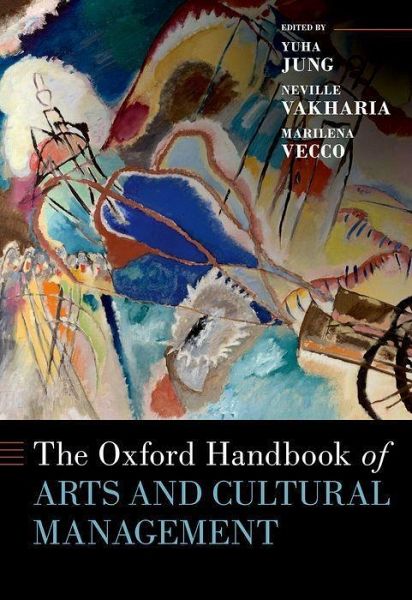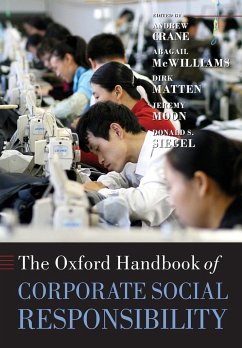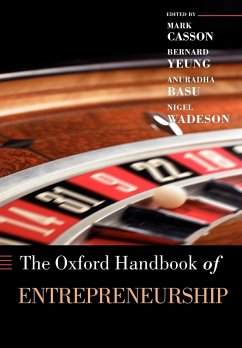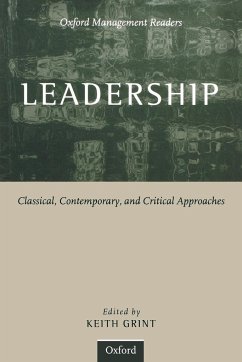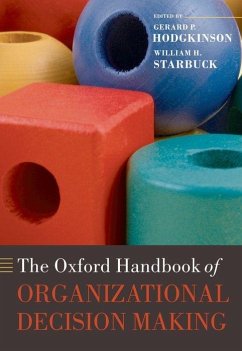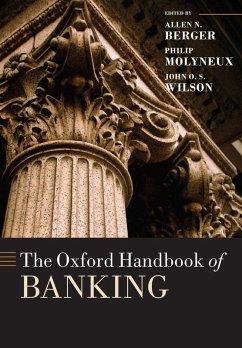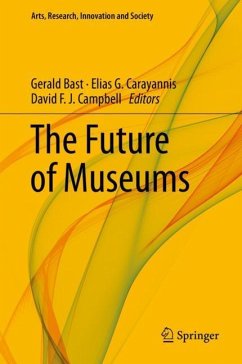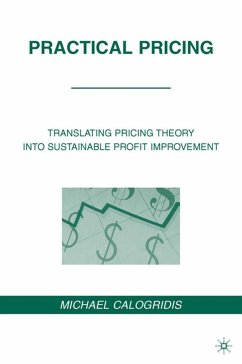Yuha Jung is Associate Professor of Arts Administration at the University of Kentucky. Her research focuses on systems theory and cultural diversity in arts and culture organizations. Her work is interdisciplinary in nature and includes museum studies, arts management, historic preservation, and the law. She has published various peer-reviewed articles, co-edited the book Systems Thinking in Museums (2017), and wrote the monograph Transforming Museum Management (2022). She is a 2023 recipient of the National Endowment for the Humanities Research and Development Grant. She holds an MA, MPA, and PhD. She is expected to receive a JD in 2024. Neville Vakharia is Associate Dean for Research and Planning and Associate Professor in the graduate Arts Administration and Museum Leadership program at Drexel University. He teaches management, strategic planning, entrepreneurship, and related subjects while undertaking research and development projects that seek to strengthen the arts, cultural, and creative sectors. His research centers on the role that technology, information, and knowledge play in building sustainable, resilient, and relevant organizations and communities. His work has been published internationally, and he has developed new tools and resources to benefit the cultural and social sectors. Marilena Vecco is Full Professor of Economics and Entrepreneurship at Burgundy Business School and Professor Associate at the Marcoux Chair in Arts Management at HEC Montréal. She holds a PhD in Economic Sciences from the University of Paris 1 and a PhD in Economics of Institutions and Creativity from the University of Turin. From 2011 to 2016 she was Assistant Professor in Cultural Entrepreneurship at Erasmus University Rotterdam. Her research centers on cultural economics and entrepreneurship with a particular focus on cultural heritage and art markets. She has researched and consulted for several public and private organizations, including the OECD, World Bank, and European Commission.
